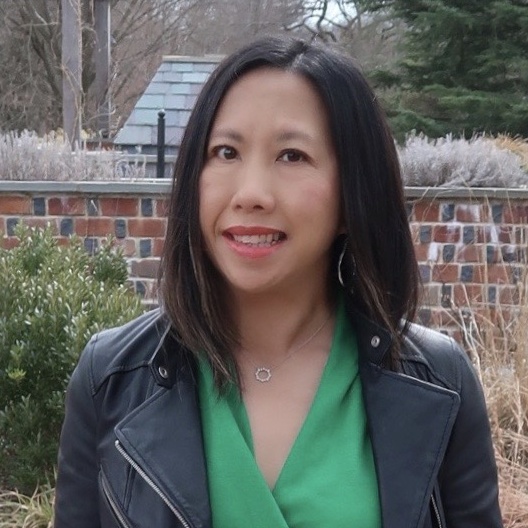By Rebecca Finkelstein, Digital Advocacy at Diversability
The Americans with Disabilities Act (ADA) is a transformative piece of legislation, passed on July 26th, 1990, banning discrimination against people with disabilities in all areas of public life. It mandated accessibility in the workplace, schools, in transportation – you name it! Not only did the passing of the ADA demand accessibility, but it also paved the way for disability empowerment and pride.
Fast forward to 2020, we’re celebrating the 30th anniversary of this monumental piece of legislation and several cities have designated the month of July as Disability Pride Month. Disability Pride Month is a time to celebrate our disability identity, while simultaneously challenging the ableism and discrimination people with disabilities face.
The first Disability Pride Day was held in Boston in the year 1990 – the same year the ADA was passed into law. “Disability Pride” celebrates disability culture, identity, and empowerment, and Disability Pride Month is an opportunity to be proudly visible in our community and beyond. It is also a reminder of all the hard work of past and present disability rights activists. As a community, we celebrate these milestones, while continuing to push for a more accessible future where people with disabilities are valued, celebrated, and included.
At Diversability, the 30th anniversary of the ADA is a cause for celebration and reflection, and we invited some of our community members to share: “What makes you proud?”
Challenging other people’s limits on my potential
“Born an achondroplastic dwarf, I’ve been emotionally bullied during several points in my life. Every day, people try to put limitations on me, based solely off of my height. I’m proud of myself for never letting people’s limited views of my potential limit my potential, as I strive to accomplish what others may view as “impossible” each and every day!”
– Becky Kekula, @BeckyMotivates
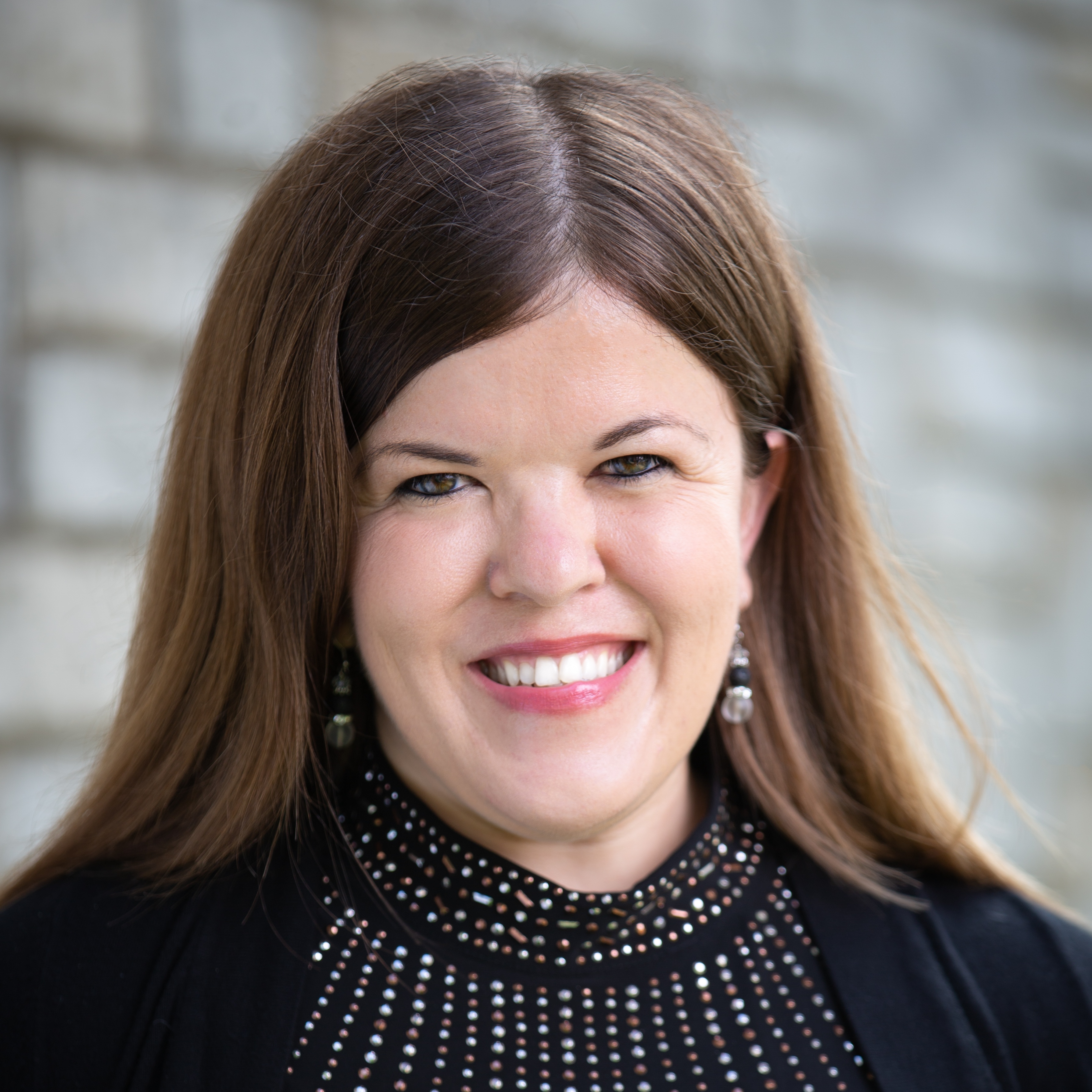
Strength, resilience, and empathy
“When I was 18, I was diagnosed with Retinitis Pigmentosa and told that I could be blind in 5 years. I am now 56 and have been an educator in one form or another my entire professional life. It has given me strength, resilience, deep empathy and an ever-ready portal for understanding individuality and personal passions. I am legally blind, and while I am limited in mobility and access to information, I am limitless in my ability to connect, to mentor, to write, and to educate.”
– Leah Herzog
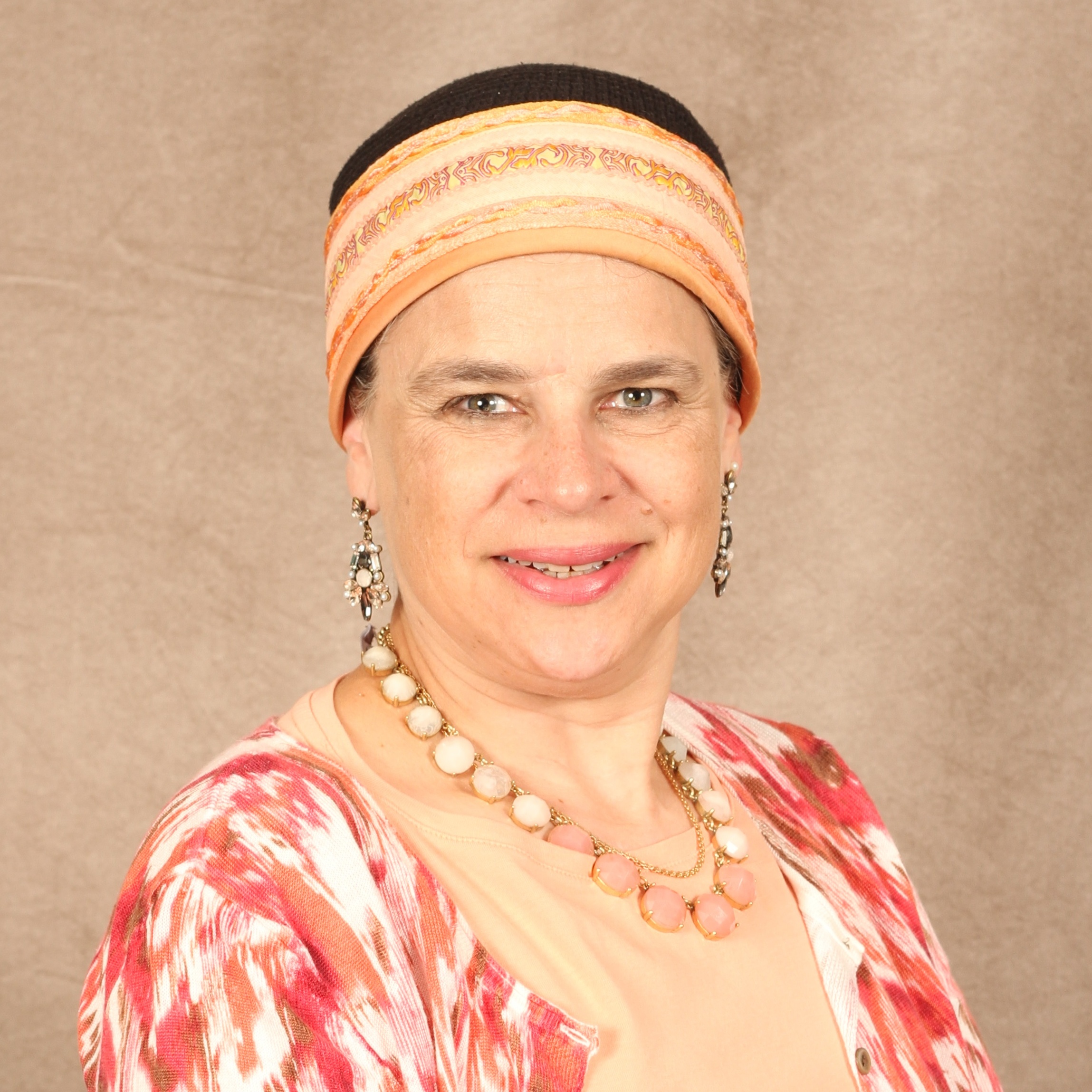
Rooting myself in the disability community
“What makes me proud is knowing that my disability has connected me with so many amazing people. Together, we continue to fight, not only for ourselves, but for everyone. In times like these, I think it’s incredibly important to be able to come together no matter our differences.”
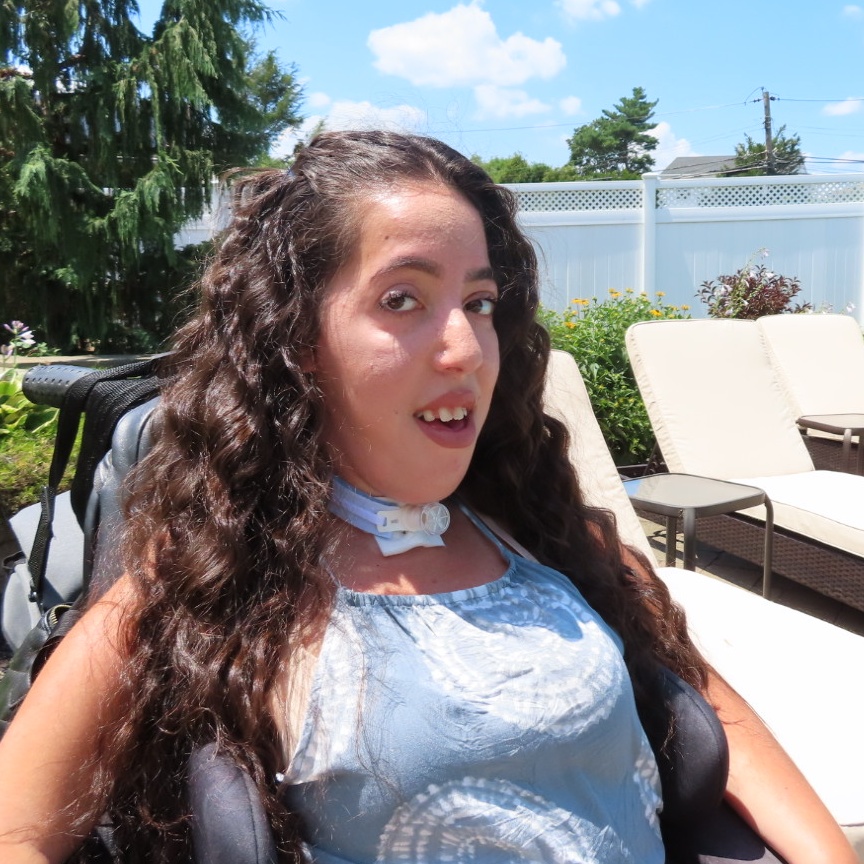
Using my experiences to improve the lives of others
“I am proud to have served my country in the US Army Bands and be a retired Soldier. I have used my experiences to improve the lives of other musicians with injuries/illness/disability and begin a real conversation about disability inclusion in our industry.”
– Katherine Lewis, @musicianable
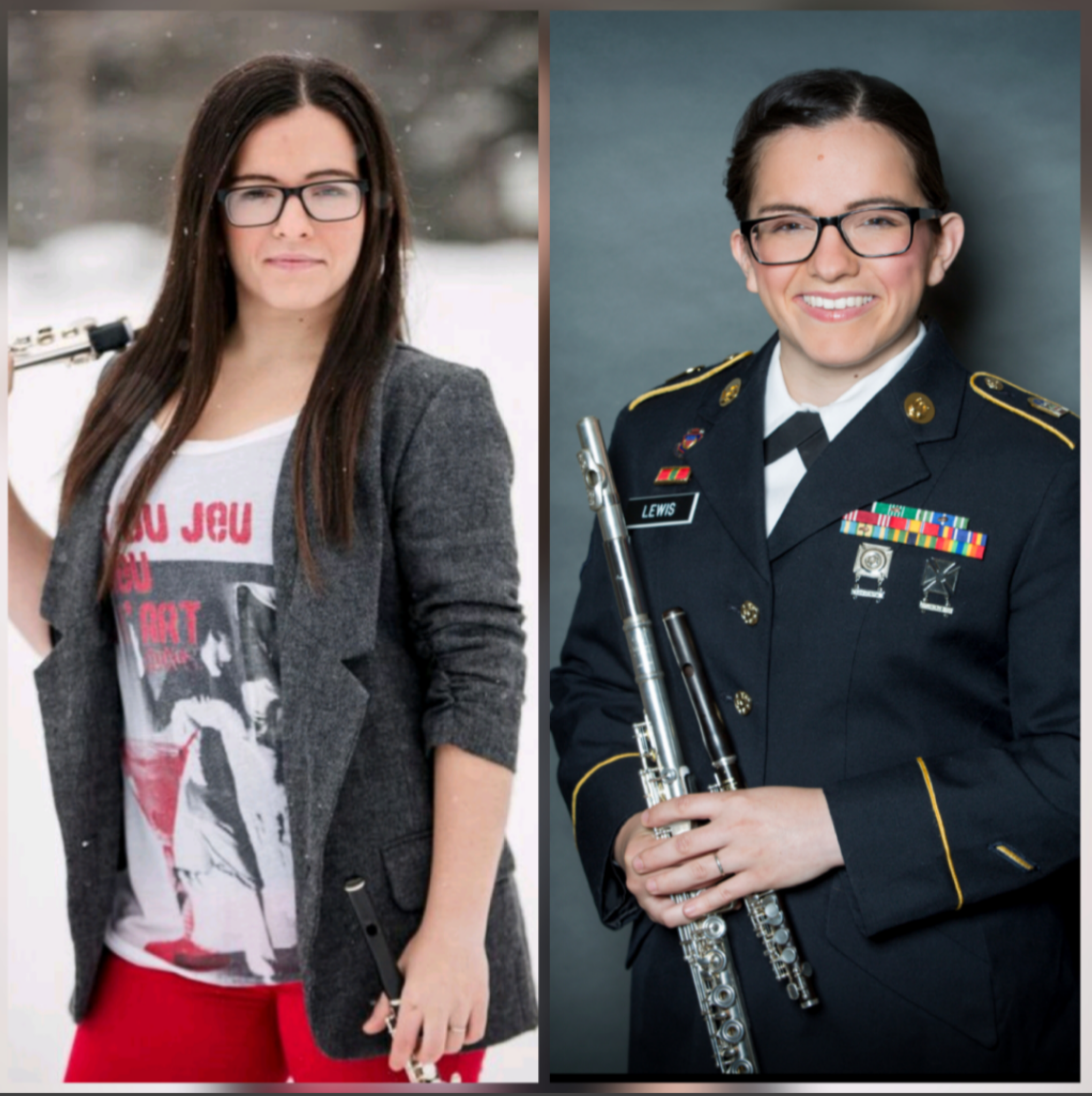
Instilling values of inclusion and acceptance
“Being a hard-of-hearing Mom of twin boys, one of whom has Autism. I’ve raised my sons with open communication about inclusion and acceptance of one another’s differences. We’ve shared our experiences with friends and family with the hope of building self-confidence and positive relationships with their typical functioning peers. Most of my career and personal life has been dedicated to advocating for Deaf and hard-of-hearing people gain meaningful employment and equal access to visual communication. As a sign language interpreter, I’m able to educate hearing people on how to effectively communicate with Deaf people. Since I work in a hospital setting, I’ve contributed to providing important information to the Deaf community about the Coronavirus pandemic.”
– Donna Lee, @theasjewelrybox
